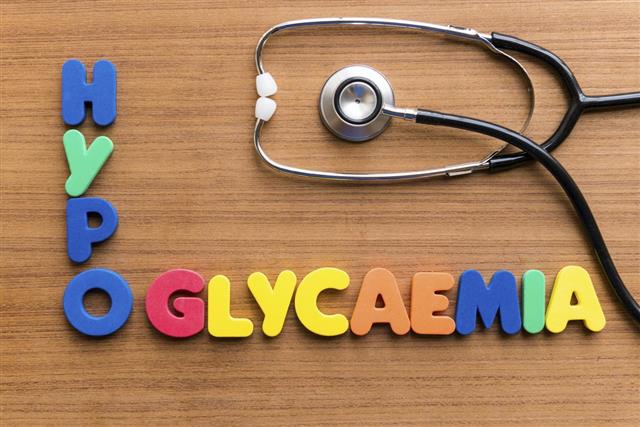
Headache, hot flashes, and mood swings are the commonly observed symptoms of menopause. Nausea, though not common, is also one of the main symptoms of menopause. This HerHaleness article provides information about the signs and symptoms of menopause, and to how to get rid of nausea during menopause.
A woman’s body goes through various phases like puberty, menstruation, pregnancy, childbirth, and menopause. Hormonal changes that take place during these phases can affect the overall health of the woman. Severity and type of the symptoms like nausea, headache, hair loss, etc., experienced during perimenopause may vary from woman to woman. During perimenopause or premenopause (onset of menopause), a woman usually develops minor health problems. The symptoms of this phase can be noticed between the age of 45 to55, though average menopause age is said to be 51 years.
Common Symptoms
- Breast tenderness
- Hot flashes
- Headache
- Hair loss
- Loss of libido
- Vaginal dryness
- Night sweats
- Anxiety
- Physical fatigue
- Mental fatigue
- Weight gain
- Mood swings
- Incontinence
- Itchy skin
- Edema or water retention
- Depression
- Uncontrolled anger
- Increased irritability
- Upset stomach, indigestion, bloating
- Insomnia, difficulty sleeping
- Irregular periods, heavy or low menstruation
- Tachycardia, rapid heartbeat
- Memory problems, difficulty in concentrating
- Tinnitus or ringing sensation in one or both ears
- Weakening of bones
- Strong body odor
- Brittle nails
- Increase in allergies
- Joint pain
- Muscle pain
Nausea, vomiting, and loss of appetite are some other symptoms which may not be observed in everyone.
Nausea and Menopause
Several changes take place in a woman’s body during perimenopause. Some women may experience nausea during menopause. Deficiency of hormones like progesterone and estrogen may result in the feeling of sickness and vomiting, during pre-menopause, menopause, or post-menopause. Cessation of menstruation may lead to hormonal imbalance, which may cause nausea that can be sudden and intense, or can build up gradually.
The female hormone estrogen plays an important role in fat distribution and other important functions related to reproduction. Lack of estrogen may create several problems like nausea and gastrointestinal problems.
Women’s ovaries produce progesterone along with estrogen. Progesterone helps balance sugar and electrolyte levels, and it also regulates the blood pressure within a woman’s body. Low levels of progesterone may severely affect these functions and lead to sickness.
Moreover, extreme fatigue experienced during menopause may cause motion sickness, resulting in nausea. If these symptoms are not treated promptly, the situation may worsen and lead to a general feeling of sickness. It can also be caused due to severe physical and/or mental fatigue, which may lead to dizziness, uncontrolled headache or tinnitus, etc. Therefore, it is necessary to consult a physician if nausea is experienced as a symptom of menopause. The doctor may guide you regarding how to deal with nausea and the accompanying symptoms.
Treatment
Several natural remedies are available to treat the embarrassing symptoms of menopause. Following a healthy diet is essential to reduce pre-menopausal and post menopausal symptoms. Lots of fresh fruits, vegetables, fish, and dairy products in the diet may help maintain the health of women. Apart from this, controlling the weight may help manage the symptoms. Taking a cold shower before bed helps prevent night sweats.
Stress relievers like yoga and meditation may help lower symptoms like increased irritability, mood swings, depression, anxiety, etc. Hormone replacement therapy may help lower the symptoms like nausea and headache. Drinking ginger tea, chewing peppermint or ginger pills may help lower nausea. Home remedies for nausea include putting ice on the forehead, drinking fresh fruit juices or warm lemon water, etc.
Herbal or homeopathic remedies work great for menopause symptoms like nausea and headache. You must consult your doctor to find out the exact reason behind this feeling of sickness and get rid of it. Regular exercise may keep you fit and active. Also, doctors may suggest some multivitamin and mineral supplements to alleviate the irritating symptoms. Healthy diet, regular exercise, proper and prompt medication, and stress-free lifestyle can help fight nausea.

